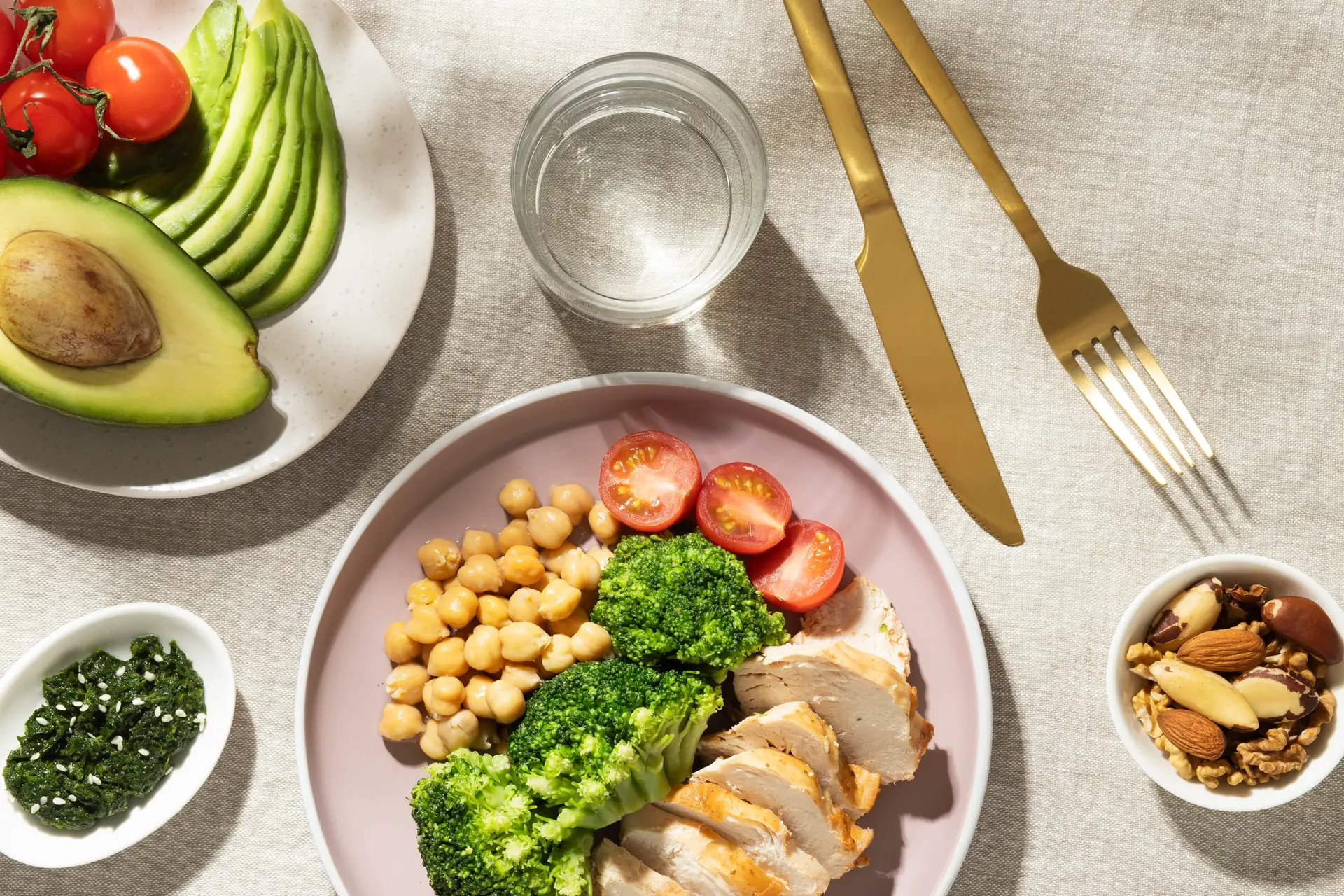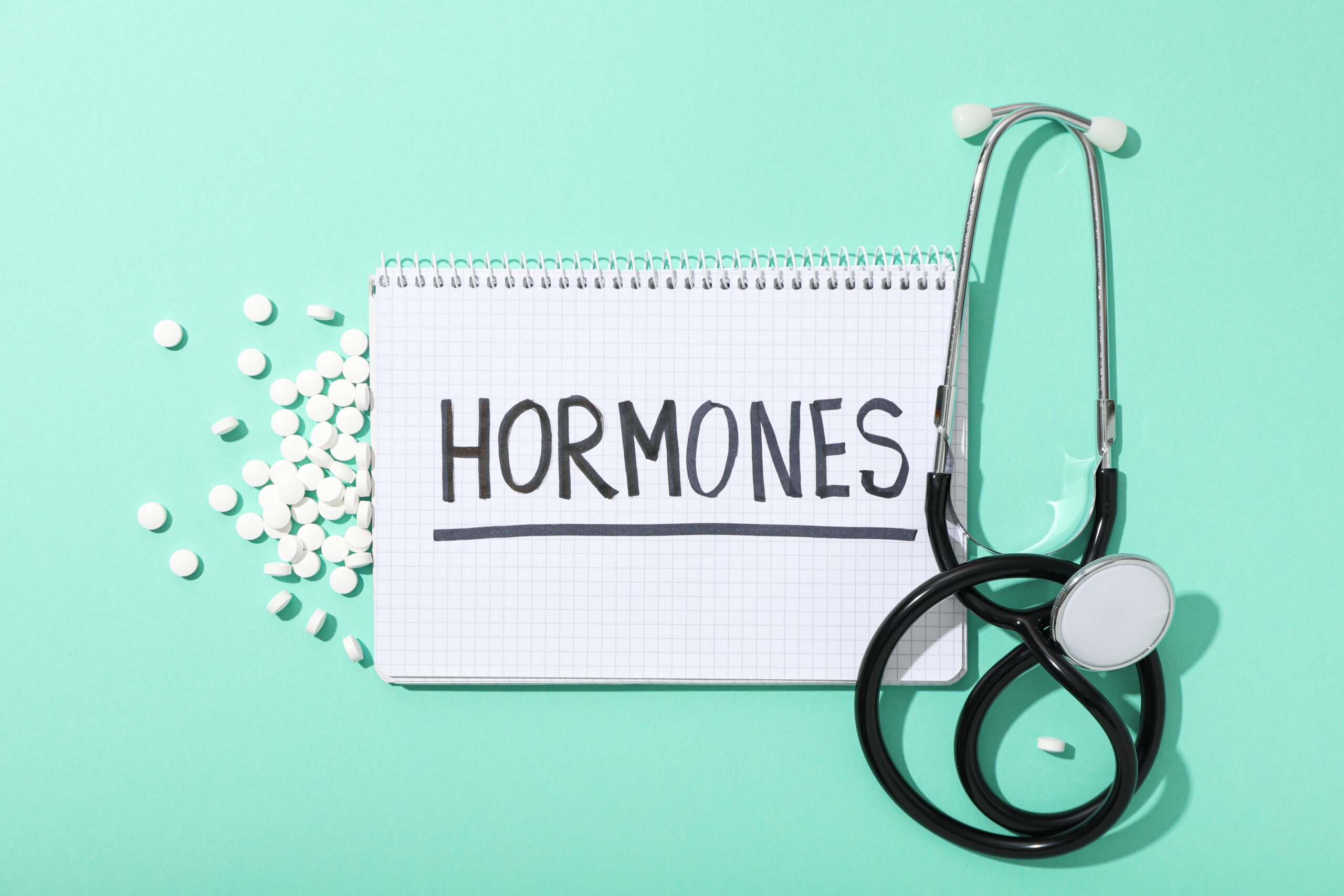If you’re trying to conceive, diet can play a significant role in enhancing your fertility. While there’s no magic food or diet that guarantees conception. Yet, certain ingredients can support your reproductive health and increase your chances.
Research suggests that following a Mediterranean diet can significantly support fertility and increase the likelihood of pregnancy.
What Is Mediterranean Diet?
The Mediterranean diet is a healthy way of eating inspired by traditional food habits in countries like Greece, Italy, and Spain. It includes lots of vegetables, fruits, whole grains, nuts, and olive oil. Fish, seafood, and chicken are eaten often, while red meat and sweets are limited.
This diet also uses herbs and spices for flavour instead of salt. It’s not just about food – sharing meals with family and being physically active are important too. The Mediterranean diet is known to be good for the heart and overall health.
Nutrients like folic acid, zinc, and omega-3 fatty acids are useful for hormonal balance and health of eggs and sperm. Focusing on adding fertility-boosting foods to your daily meals is important. We’re here to help you navigate these choices. Our goal is to make your conception journey feel empowering, not overwhelming.
Now, let’s explore how your diet can influence fertility and what adjustments you can make.
Foods to Include in Your Fertility Diet
- Leafy Greens & Vegetables: Foods like spinach, kale, and broccoli are rich in folate. They support ovulation and prepare your body for early pregnancy.
- Healthy Fats: Sources like fish, walnuts, and flaxseeds are rich in omega-3 fatty acids. They help regulate hormones, improve egg quality, and reduce inflammation.
- Whole Grains: Foods like quinoa, brown rice, and oats are high in fiber. They help maintain stable blood sugar levels. This reduces the risk of insulin resistance, which can affect ovulation.
- Plant-Based Proteins: Beans, lentils, and tofu support better reproductive health. It lowers the risk of ovulatory infertility.
- Antioxidant-Rich Foods: Berries, almonds, and walnuts are rich in antioxidants. They help protect eggs and sperm by fighting oxidative stress. This can improve your chances of conception.
- Full-Fat Dairy. Some studies say that full-fat dairy products like milk and yogurt may help ovulation. They might also improve fertility.
Foods to Avoid or Limit
- Processed Foods: Packaged snacks and fast food are high in trans fats and sugars. This can cause inflammation and disrupt hormone balance.
- Excessive Caffeine: Drinking too much coffee or energy drinks can hinder fertility. It’s recommended to limit your caffeine intake to under 200 mg a day.
- Alcohol: Consuming wine, beer, or spirits can interfere with hormone production and reduce fertility.
Conclusion
- You don’t need to change everything at once, we know it’s not easy. Incorporating a fertility-compatible diet is a step toward preparing your body for conception. It doesn’t have to be difficult.
- Start by adding nutrient-rich foods like leafy greens, whole grains, and healthy fats. These small shifts can create a big impact on your reproductive health over time.
Remember, there’s no need to go past everything at once, and no single food guarantees pregnancy. It’s about creating a balanced, supportive environment for your body. No matter what, we’re here to support you, offering guidance and understanding every step.





